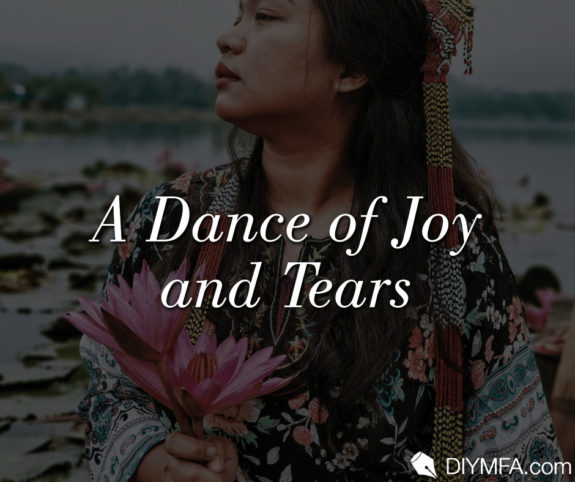Joy Harjo – US Poet Laureate – Born in Tulsa, Oklahoma, Harjo is a member of the Mvskoke/Creek Nation. She is the author of several books of poetry, including An American Sunrise (W. W. Norton, 2019), and Conflict Resolution for Holy Beings (W. W. Norton, 2015). I will talk a bit about Joy in this article about Native writing: A Dance of Joy and Tears.
I bought ‘American Sunrise’ on Audible first, by accident, but I am so glad I did. Usually, I prefer hard copies for poetry books so I can underline at my leisure, and to stop at a particular passage to think about what and how they’ve written something.
American Sunrise is narrated by Joy herself, and while I encourage people to buy the hard copy too, hearing her speak her own poems in her own voice is a delicious indulgence. I cannot overlay my white perspective on top of her melodious, sometimes haunting intonations. Her voice turns her words into birds that fly over me too high to reach.
The Trail of Tears
I had never heard of The Trail of Tears. Maybe it is because I’m Canadian by birth, or because I’m white, or because my privileged education did not have the courage to embrace all of our history both cruel and horrifying.
The first few poems immediately pull me into the mud and bafflement of being thrown out of my own home, on my own land. Of having my children taken from me and forced to learn about a strange god in a foreign language, their homemade clothes suddenly not good enough. The trail of tears and everything that went along with it is a grief-rupture that is carried along ancestral DNA from parent to child. It is difficult to sit through. And it is not theirs alone to endure. If 2020 has taught me nothing else it is that no community suffers in isolation. What affects one will spread to the other. We are all connected. Hurt never stays contained within the one holding it.
Standing Witness
The imagery gives me chills – the line from “How to Write a Poem in a Time of War”, ‘The torn pocket of your daughters home made dress…’ makes me want to cry and I am not a crier. I am a mother though, and this line makes me want to fight, and cry, then fight-cry.
In the past I would have stopped reading. I would tell myself this is hard, and you’ve had enough hard in your own life, and there is nothing to be done about it now. But this is 2021 and I am still alive and so I don’t turn away, feeling like it is my duty. It is my personal responsibility to both our ancestors to stand witness to her pain. And there is pain. There is grief. There is also this strange and wild voice threaded throughout her poetry, startling me like birds taking flight abruptly.
Startling because it feels familiar. And even though I do not have even a ghost of a similar experience to relate to, even though this is the first time I am hearing these stories from her grandmothers, I find an echo of my own pain in hers, a glimmer of shared human suffering. Her poetry calls for us to stand still for a moment and listen to what was lost.
Humor connects us quickly but it is a light touch. A lover’s graze. This deep mourning, this sharing of her grief through poetry is a mother’s birth travails. There is hurt you don’t think you’re going to survive, and there are tears. In the end there is a love that shatters you more completely than suffering ever could.
Shovels of Grief
She doesn’t shy away from the heavy topics, the thoughts we try not to think. In her poem “Singing Everything”, she reminds us that ‘For death, those are the heaviest songs. They have to be pried from the earth by shovels of grief.’
When you think you’re just reading a Joy Harjo poem and then the words slant sideways and winnow down deep inside your being to a sacred, secret place you are surprised to find is there.
And it blooms, awakens, shoots out like a fire-cracker lilly back into the poem that birthed it and you are connected as surely as to a telephone line. You are never the same. This is the wonder of poetry in general and the skill of Harjo in particular.
As usual, Rumi said it better than I ever could:
Cry Easily
Keep your intelligence white-hot
And your grief glistening,
So your life will stay fresh.
Cry easily like a little child.
And so, I think I will cry. And then maybe dance a little, just like in her poem “Seven Generations.” I’ll dance and cry, and hold space for the relief of grief.

Angela Yeh hails from Atlantic Canada but lives and works in Texas – after her liberal arts degree she wandered into Corporate America but managed to escape. She is a staunch advocate for writers and literacy/learning with her online writing community at DIYMFA.com. She also teaches a love of creative gardening to pre-k kids in her physical community. She lives with her husband, two lovely human children, and two cranky fur babies. You can check her out on Insta – @thatpluckygirl or at her website, www.thepluckycanadian.com







